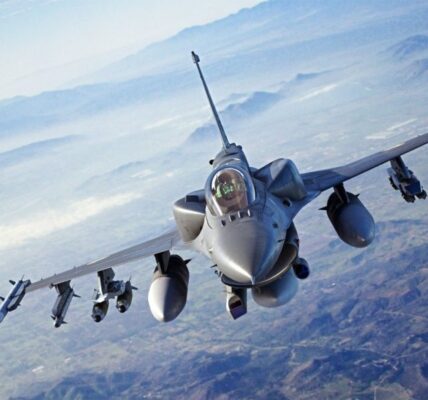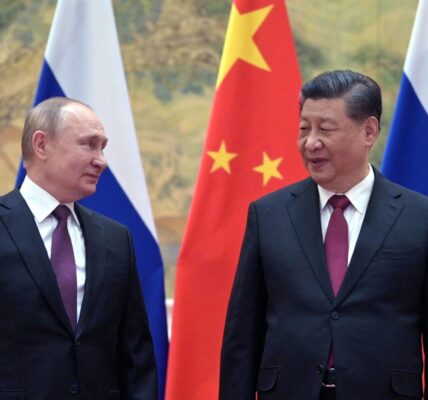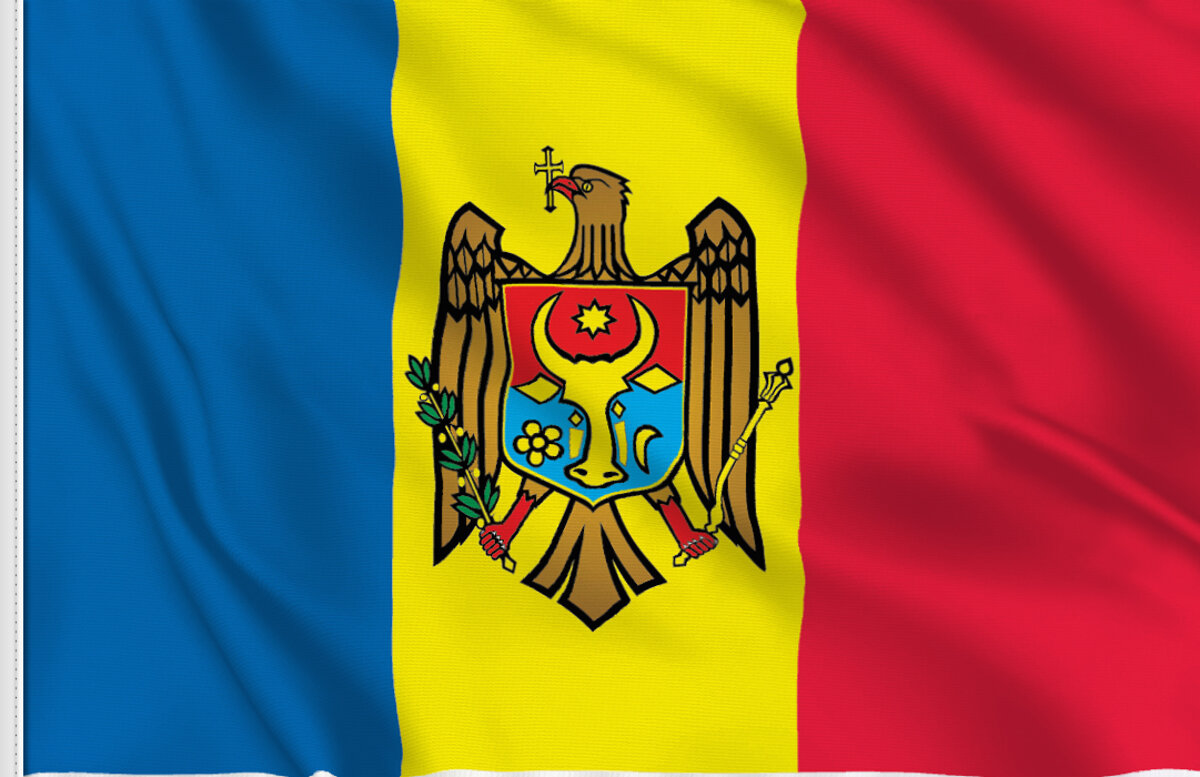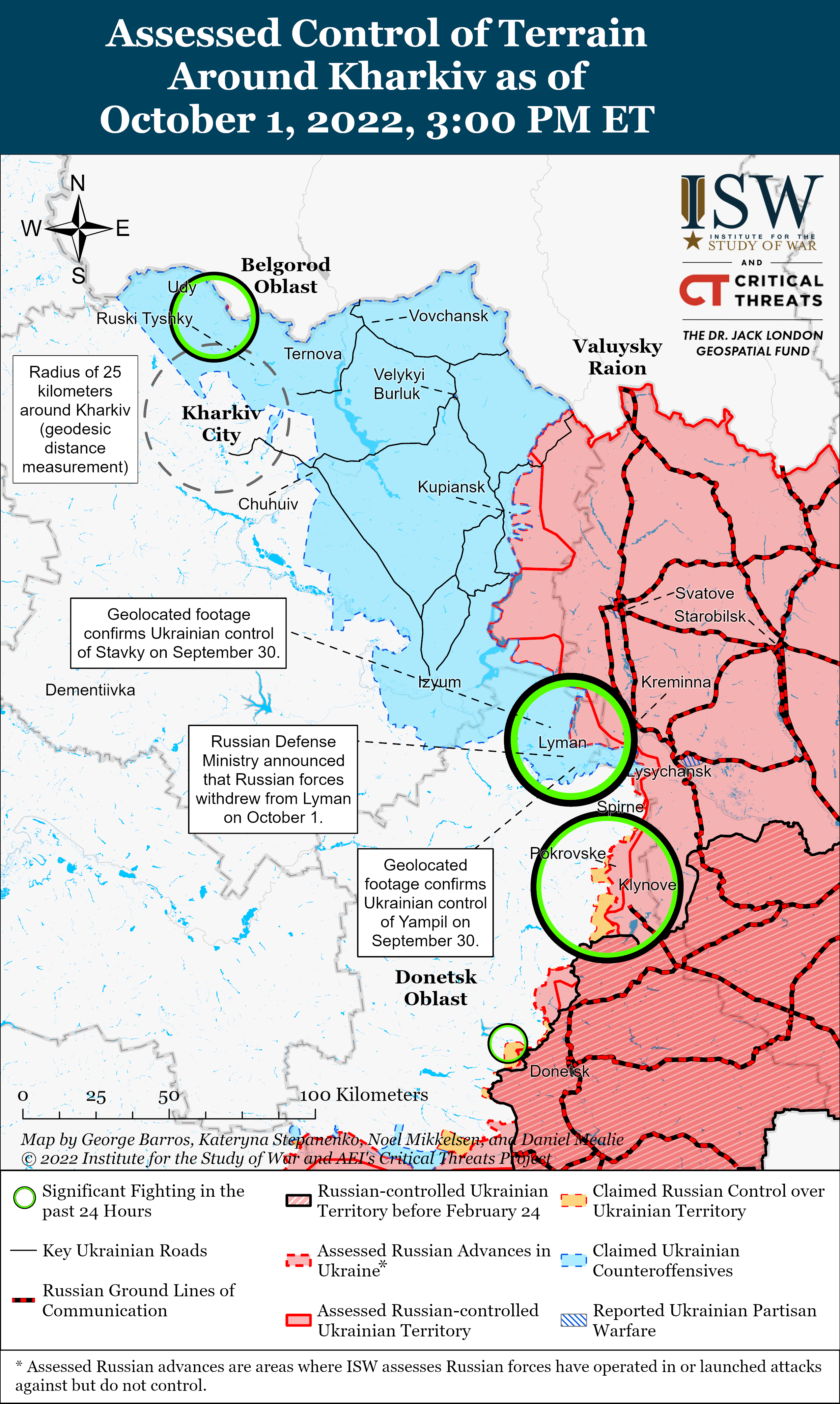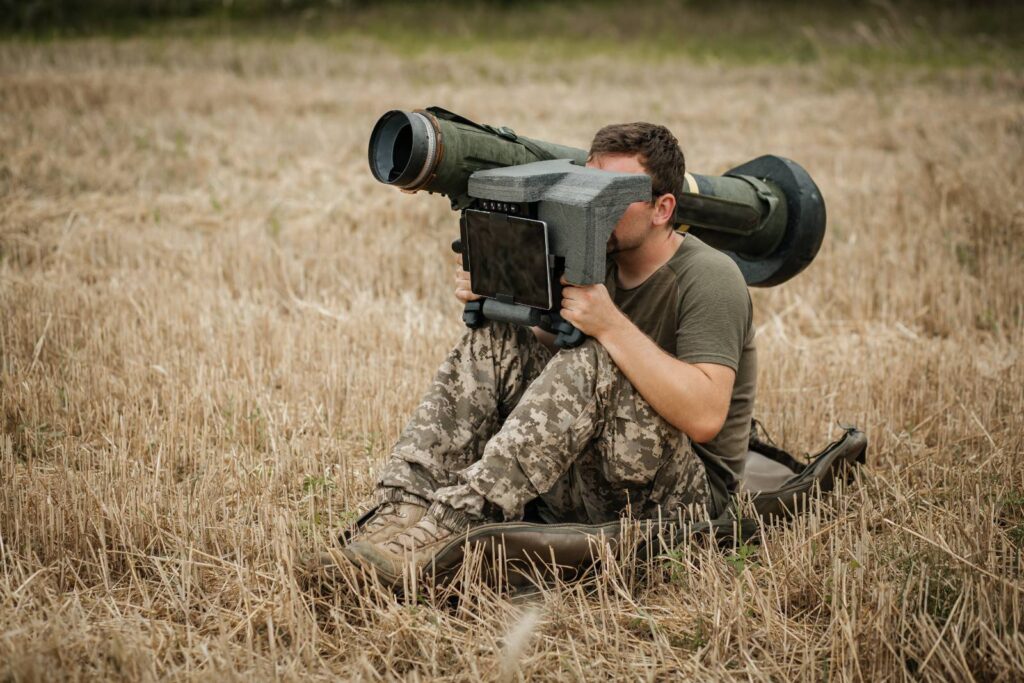
Ukraine is creating a new military industrial complex to strengthen its defence capability and reduce reliance on Western Allies. As part of this initiative, the country has launched an accelerator for defence technology startups known as Brave 1, aimed at rapidly advancing its defence industrial capabilities to combat Russian aggression.
Brave 1 has established a strategic alliance with C5 Capital, a Washington-based venture capital firm that will provide the necessary investment and strategic guidance for Ukrainian founders seeking to grow and scale their defence startups in the U.S.
André Pienaar, Founder of C5 Capital, said the partnership was focused on “empowering Ukraine’s courageous founders, who are building innovative companies in defence of Ukraine and all of us. Today, there is nothing more important than fighting with allies,” he noted.
Rear Admiral Mike Hewitt, Co-Founder and CEO of IP3, emphasised that Ukraine is emerging as a global leader in defence innovation and research and development. “Its defence tech startups showcase a relentless drive born from defending their homeland,” he stated. “We intend to bring our expertise in developing and investing in innovative technologies for national defence to support Ukraine’s victory.”
Brave 1’s project lead, Natalia Kushnerska, described the partnership with C5 as a “crucial step towards building a resilient and innovative ecosystem,” adding that “the technologies developed in Ukraine today will define the future of global defence.”
The innovation hub has allocated $7.5 million in grants to support startups and plans to increase funding in 2024. Established under the leadership of Ukraine’s Minister of Digital Transformation, Brave 1 has developed a network of 600-700 startups since the conflict began in 2022. During the first two years of the war, Ukrainian startups successfully secured $20 million in global investments.
The ongoing conflict in Ukraine has catalysed a wave of technological breakthroughs, particularly in artificial intelligence (AI) and autonomous systems. Often referred to as the “algorithm war,” AI-driven tools have played a pivotal role in processing vast amounts of battlefield data, allowing Ukraine to respond more swiftly and effectively.
Adm. Hewitt remarked on the unbelievable R&D structure in Ukraine, stating, “They have really repurposed their entire innovative industry towards fighting this war since February of 2022.” He added, “In many ways, they have held the Russians at risk through their own capabilities, rather than through the extensive weaponry provided by the U.S.”
According to Adm Hewitt, C5 Capital aims to help scale initiatives that are proving effective on the front lines. He described Ukraine as a warfighting environment offering unparalleled opportunities to determine what 21st-century military capabilities will look like.
“We intend to collaborate with C5 not only to assess effectiveness and what is working in the field but also to enhance their kill chain analysis. It’s much more complex than just hardware; it involves training, tactics, procedures, and software. We will leverage our experience in defence innovation from the US to complement the excellent work being done on the ground.”
Ukrainian military without a navy defeated Russia in the Black Sea
The war in Ukraine has been characterised by drone deployment of unprecedented scale, with thousands of unmanned aerial vehicles (UAVs) used to track enemy forces, guide artillery and bomb targets.
Adm Hewitt described the unmanned systems that Ukraine repurposed and used on the battlefield as “an unbelievable success”. He added: “The greatest statement that has been made is that the Ukrainian military, without a Navy, defeated the Russian Navy in the Black Sea. They accomplished this asymmetrically using undersea drones and other capabilities. This is just one example of their focus areas, which include drones, undersea systems, and missile systems designed to neutralize Russian capabilities. “
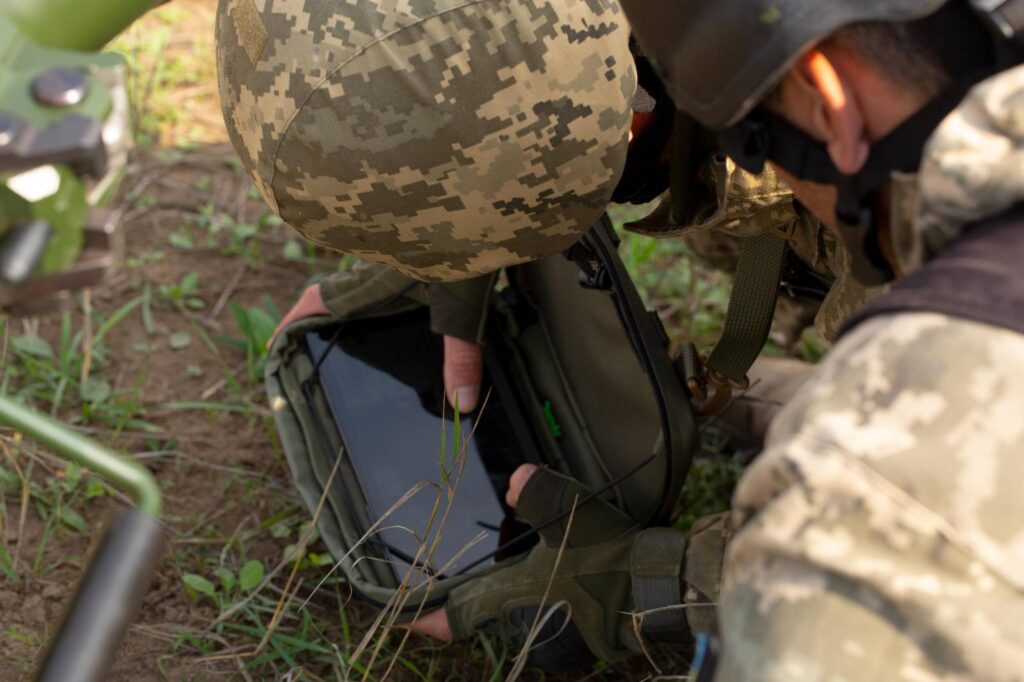
He said, while Russia has been developing kinetic systems, Ukraine has focused on finding ways to hold those systems at risk.
Efforts to help Ukrainian “outgunned in cognitive warfare”
Admiral Hewitt said that the Ukrainians are outgunned by the Russians when it comes to “cognitive war.” Russian President Vladimir Putin, he said is controlling the public space in cognitive warfare using tactics that aim to win the hearts and minds of those affected by the conflict.
Tactics such as threats of tactical nuclear weapons and implications of Western support for Ukraine are part of a strategy to manipulate public perception, he said. “Putin is leveraging the idea that if the UK uses the Storm Shadow missile, it justifies a nuclear response against Ukraine.” He expressed concern that these Russian tactics are effective because the U.S. appears paralysed by fears of escalation. “If we don’t address these issues, it will become increasingly challenging for us to maintain focus on the importance of Ukraine in the West.” “
Adm Hewitt said that C5 Capital and IP3 aim to assist Ukraine in enhancing its understanding of how to effectively communicate the outcome of the war and influence not only political figures but also the civilian population.
Supporting Ukraine for victory, investing to scale defence industrial base
Pienaar stated that C5 Capital is supporting Ukraine with its global defence fund for victory. However, what that victory ultimately looks like remains uncertain, according to Hewitt .
“We must continue supporting Ukraine’s asymmetric and innovative efforts because they are proving to be effective. There are significant investments to be made to scale their defence industrial base. These are long-term considerations, not just immediate ones, and we also want to engage in research and development for next-generation technology.”
Interest in Ukraine’s defence industrial base is growing among Western allies according to Hewitt. “They would love to have a sneak peek into what Ukraine’s doing on the battlefield and we intend to be that bridge as well.”
While there is no clear definition of what victory might entail, Hewitt underscored that it is up to political leaders to establish that vision. “Setting the conditions for a peaceful negotiation is a significant part of our focus. Only Ukraine can determine what victory looks like, and we intend to be fully supportive of their definition.”
Pienaar acknowledged the challenges venture capital firms face in investing in a country at war, where outcomes are uncertain. He stated, “You have to be brave, courageous, and intrepid to support Ukraine.” Nevertheless, he noted that VC firms, particularly in the U.S., are stepping forward, eager to partner with Ukrainian innovators.
Ukrainians remain resolute to regain sovereignty
Adm. Hewitt highlighted the unwavering determination of Ukrainians to regain their sovereignty, often speaking of family members impacted by the conflict. He noted their frustration with the West’s lack of understanding regarding the importance of protecting their sovereignty and the pressing need for support.
“Ukrainians have expressed that they have no other choice; regardless of whether Western allies continue to support them, they will keep fighting. As they put it, ‘We cannot change who our neighbours are; we’ll live in a tough neighbourhood long after this war is over.’”
He views the notion of raising a white flag on either side as unrealistic
“Ukrainians wants to find a solution that works for their country. It may not work perfectly for Putin, but obviously both sides have to come away with something that feels as a victory. That’s tough politically, that’s really where I think when you talk to them, they’re very pragmatic and very realistic about this.”


